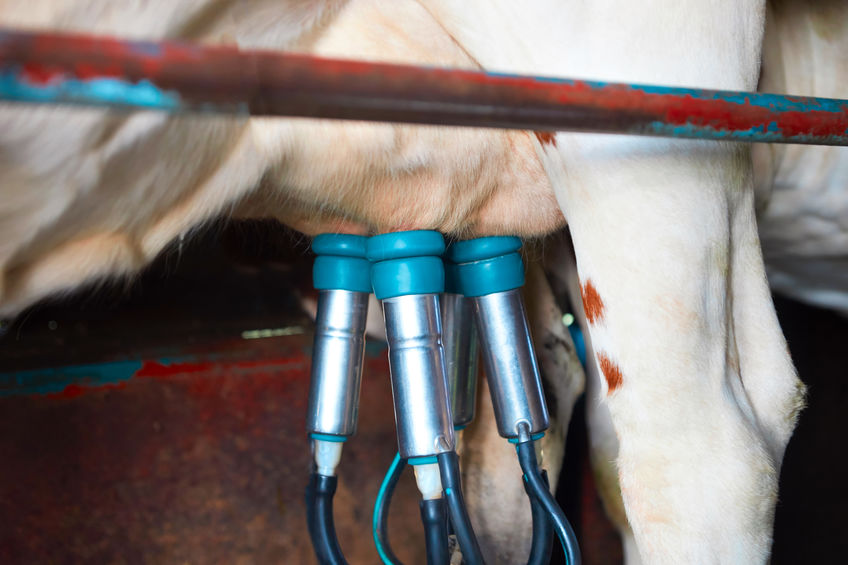
First Milk has announced a 'net zero by 2040' pledge along with new regenerative action plans for all of its suppliers' farms.
The British dairy-cooperative has also unveiled today (24 March) a commitment to soil carbon sequestration and the decarbonisation of its milk transport and processing activities.
The plans are part of its First4Milk sustainability plan, which will see the company make significant environmental changes.
These include the net zero carbon emissions by 2040 goal, with a target to reduce carbon footprint at farm level by 50% by 2030 and achieve net zero in milk transport and processing by 2035.
The co-op has a new target to sequester 100,000 tonnes of CO2 per annum on farms by 2025, and to boost milk from forage by 10% by 2025 to reduce farmers' reliance on imported feeds.
All transport and processing activity will use renewable fuel sources by 2030, and antibiotic use will be reduced by a further 10 percent by 2025.
First Milk said the commitments will be achieved by driving carbon efficiency throughout its logistics and manufacturing operations.
Farmers will also work with the company on the adoption of regenerative agricultural practices to enhance and quantify soil carbon sequestration.
Shelagh Hancock, First Milk chief executive said: "Dairy farming and food manufacturing are seen as carbon-intensive activities and we know that this is coming under increasing scrutiny across the food chain.
"These commitments set out the shape of our journey towards net zero, with the ambition of becoming a zero-carbon business as soon as we can or at the latest by 2040.
"By leading in this area, we will directly benefit our customers, supporting them in de-carbonising their agri-food supply chains.”
Mark Brooking, the co-operative's sustainability director, added that farmers had already committed to grazing their cows.
"We will build on this by becoming the champion for regenerative agriculture in dairy production, working with our members using climate-friendly farming practices," he added.
“Making these commitments will help us safeguard the future for our dairy farmer owners.”
